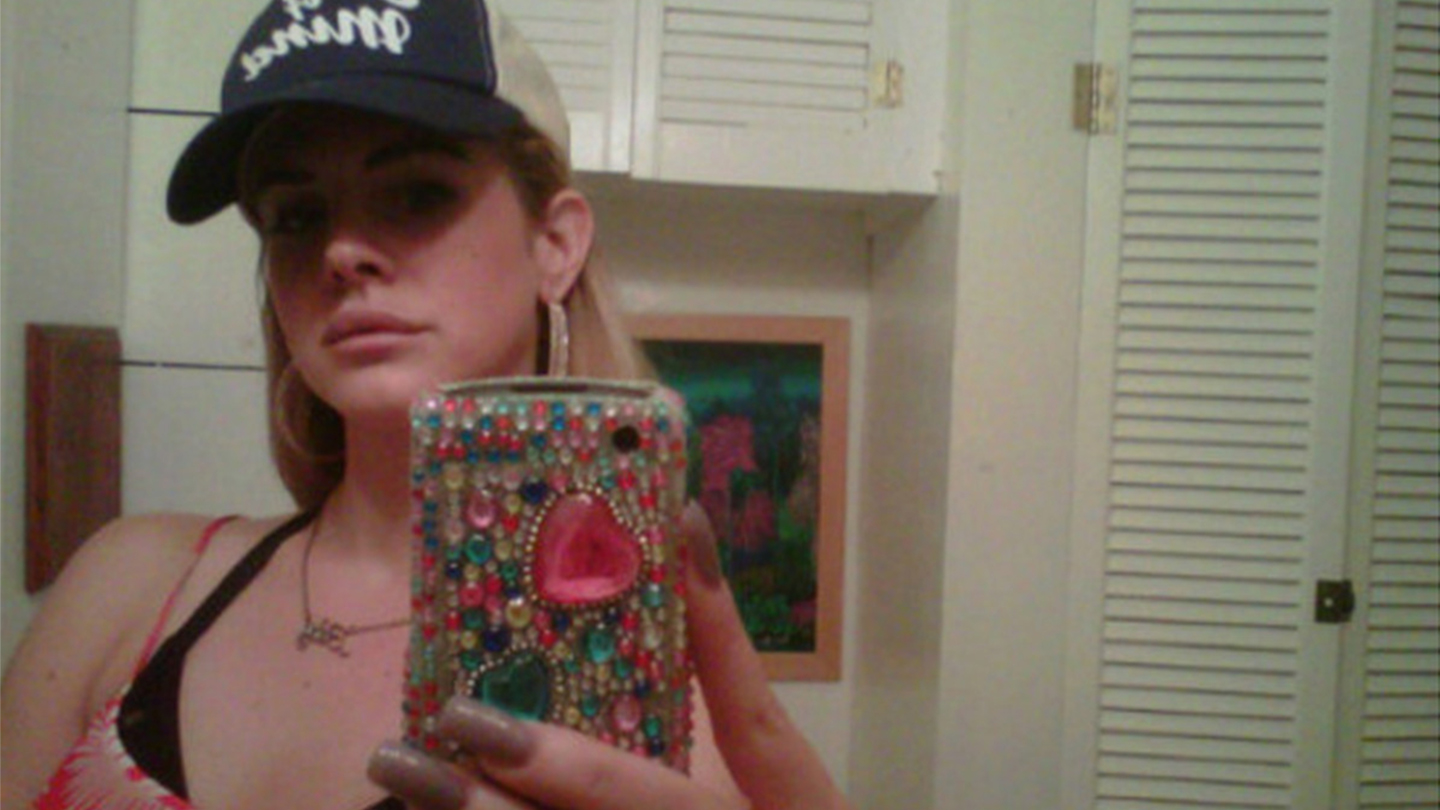They say all good things come to an end. They say what is grief, if not love enduring. They say ‘tis better to have loved and lost than never to have loved at all. And yet all these platitudes bring us no comfort today, as we announce the tragic death, once and for all, of the Blackberry era. Although it’s been in the works for a while, the true death of the Blackberry came yesterday, as the company announced all of their devices (including the relics you’ve held onto from your indie sleaze Tumblr girlie days) will stop working as of 4 January. Announcing the news on an ‘end of life page’, Blackberry posted their own obituary, saying that anyone holding on to their BBM heyday can no longer expect the devices to “reliably function”. Beloved handset, dearly missed status symbol, donations in lieu of flowers.
The death, while devastating, is not an unexpected one. After all, iPhones — and if you are a nerd, Samsungs — have long overtaken the Blackberry, with WhatsApp and iMessage replacing the need for the passive aggressive thrills and primitive sexting practices we learned to hone via BBM. The company’s peak handset (Blackberry Classic, or Blackberry Bold if you wanted a twist on the original) reached saturation in 2014, with the company boasting 85 million subscribers as of late 2013. It was modelled by the era’s hottest celebrities (Kim Kardashian had one permanently attached to her in the mid-2010s, and Lana Del Rey had an iconic, pink bejewelled one).
Alas, as with all our heroes, as the company grew older it became less sexy. Just three years after its 2013 peak, Blackberry users had slumped to 23 million, as more of us switched to Android and iOS systems, resigning ourselves to shitter, digital keyboards in the process. For a while, it looked as though there might be a resurgence on the horizon — in summer 2020, two years after their final smartphone release, Texas-based startup OnwardMobility signed a new licensing agreement with BlackBerry Limited to develop a new 5G BlackBerry Smartphone, which was supposedly meant to resurrect the beloved physical keyboard. But so far, the project hasn’t been realised.
For now then, we mourn the Blackberry, and for those of us who still held onto our handsets, they become nothing more than a nostalgic relic, a future accessory for our twee revival outfits. And with e-waste piling up on the planet (where do you think your phone goes, when it mysteriously starts to bleed battery life mere days after a new handset is released?) we should probably hold on to them a little longer. The Blackberry has served us well,” says Mark Hall, a spokesperson for one ethical waste company in the UK, “and now it’s time for it to ascend to phone Valhalla. Just not via your bin.” He suggests keeping it as a fossil to show our grandkids one day, perhaps making it into a novelty paperweight, or donating it to a museum of technology.
Anyone else feel old? No? Okay.

